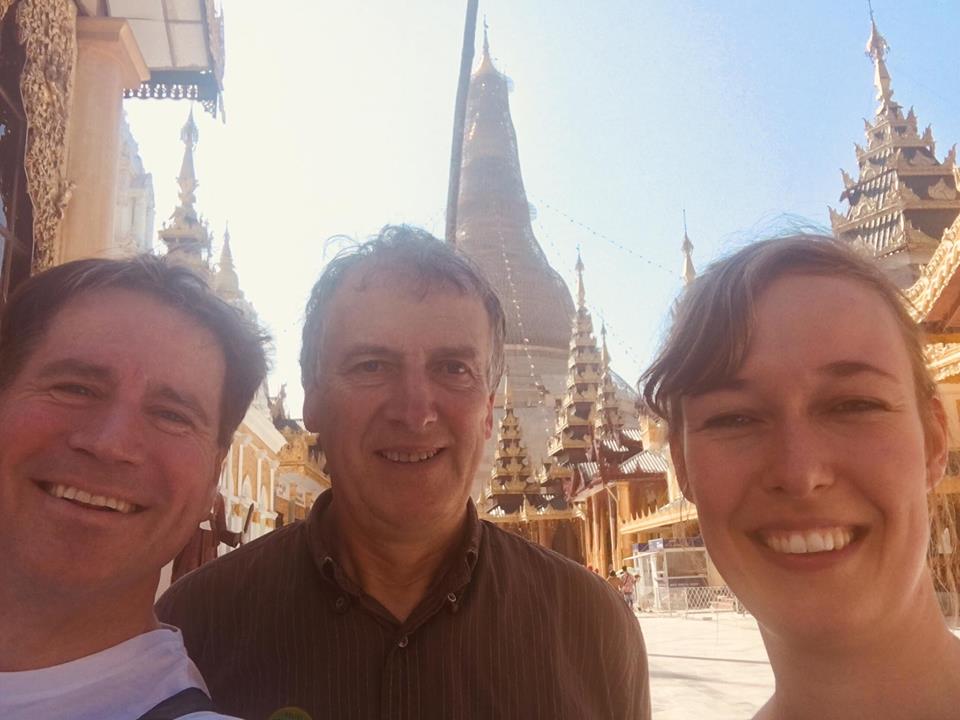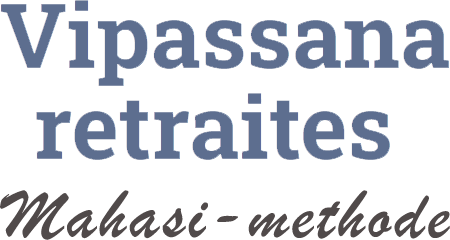Mahasi Sayadaw Foundation
- Established June 27, 2019
- Chamber of Commerce registration number: 75258390
- RSIN number: 860211642
- Established Lobith, Transeedijk 2 – 08, 6915 XX. Telephone 00 31 6 204 303 37.
- Bank: IBAN: NL63 RABO 0149 0892 79. BIC: RABONL2U
- Bestuur: Guus Went, chairman, Sanne Schoonbeek, secretary, Jerome Stoel, treasurer.
- Mahasi Sayadaw Foundation has been designated as a Public Benefit Organization (ANBI) from June 27 2019.

Guus Went
(born 1952, see biography), started his practice of the Buddha’s teaching (Mahasi method) in 1980. In 2007 a sense of urgency made him start a quest to deepening, which led him in 2012 to Mahasi Sayadaw’s successor, Sayadaw U Pandita, and his senior students. In seven consecutive winter retreats with them his confidence grew steadily and significantly. Since 2011 Guus has been sharing his experiences in 5-day retreats and since 2016 – assisted by Jerome Stoel (1967, biography here) – also in 10-day retreats. In 2019 he established in Netherland a foundation with the name Mahasi Sayadaw Foundation.
Current Management Plan
Why the name Mahasi Sayadaw Foundation?
The late Burmese monk Mahasi Sayadaw (1904-1982) with the method taught by him from 1950 on did cause a massive revival of Vipassana meditation, notably among lay people. After his passing away his chosen successor Sayadaw U Pandita (1921-2016) caused a large scale further spread, also in the West. Besides – and especially apart from that – the method did also mix up with different other methods. The Mahasi Sayadaw Foundation emphatically prefers to stick to the pure, original Mahasi method, as taught by Mahasi Sayadaw, by his successor Sayadaw U Pandita and by his senior students.
The Foundation has as its aim: (translation)
- To contribute to peace in the world according to the principle ‘improve the world and start with yourself’
- Offering tools for moral behaviour and mental development (meditation)
- Study, practice and teaching of Mahasi method.
The foundation aims to achieve its goals by (translation):
- Study and meditation at Panditarama centres in Myanmar and elsewhere in the world, as well as at other centres, wherever in the world, where the Mahasi method is being taught.
- Offering clarity about the Mahasi method, what it is and what it is not.
- Teaching and spread of the Mahasi method and continuity in it
- Organizing and conducting retreats
- Inviting qualified teachers and facilitating teaching
- Fostering connection among practitioners
7. Establishing, administering, maintaining and exploiting (or having exploited) one or more locations
8. Lessons and study weeks at high schools
9. To stimulate – by giving the example – dana-principle: unconditional giving, that is giving without wishing something in return
10. To cooperate with those who have the same aim.
The assets of the foundation consist of:
- gifts
- subsidies and donations
- inheritances, legacies and grants
- all other possible acquisitions and assets
The foundation emphatically doesn’t have making profit as its goal. However, the foundation will build up all possible financial reserves necessary for realising its goal.
Board members will not get paid for their work. However, they deserve compensation for expenses made in excercising their functions.
The foundation’s first fiscal year ended December 31 2020.
Annual Accounts: 2019-2020 2021 2022 2023
Annual Reports: 2019-2020 2021 2022 2023
